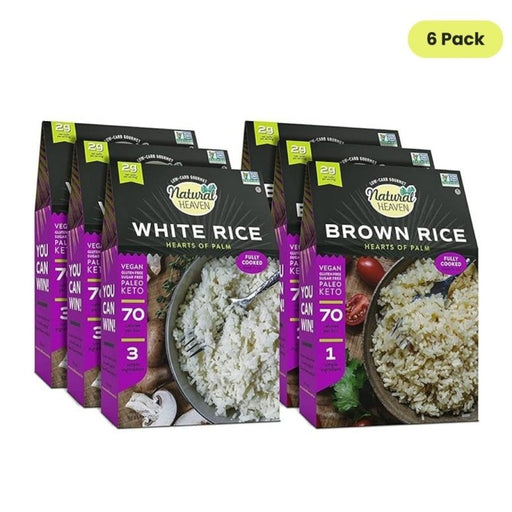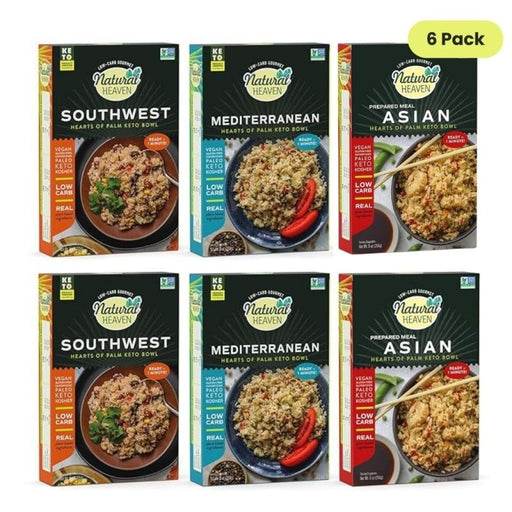Making healthier food choices can be easier with hearts of palm, an excellent option. Hearts of palm nutrition offers a unique profile of essential vitamins, minerals, and proteins, making it a nutritious addition to your meals. In this article, we will explore the nutritional content and health benefits of hearts of palm, and why you should consider including it in your diet.
Introduction to Hearts of Palm
Hearts of palm are the tender, inner cores of certain palm trees. These cylindrical vegetables are white and have a mild flavor similar to artichokes, with a hint of sweetness and a crunchy texture. Commonly known as palm cabbage, palmito, and chonta, hearts of palm are harvested primarily in tropical regions around the Amazon River. Due to their highly perishable nature, they are often found pickled and canned in supermarkets.
Nutritional Facts of Hearts of Palm
One of the most notable aspects of hearts of palm is their low-calorie and low-fat content. A half-cup serving (73 grams) of canned hearts of palm contains:
-
Calories: 20
-
Carbohydrates:4 grams
-
Protein: 8 grams
-
Fat:5 grams
-
Fiber: 8 grams
-
Calcium: 42 milligrams
-
Iron: 3 milligrams
-
Magnesium:8 milligrams
-
Phosphorus: 48 milligrams
-
Potassium: 129 milligrams
-
Sodium: 311 milligrams
-
Vitamin C: 6 milligrams
-
Zinc:8 milligrams
It is important to note that pickled hearts of palm may have higher sodium content due to the preservation process. Rinsing canned hearts of palm thoroughly with cold water can help reduce the sodium levels.
Health Benefits of Hearts of Palm
Hearts of palm are low in calories and packed with various essential nutrients, making them beneficial for health in several ways:
-
Controls Blood Sugar: Non-starchy vegetables like hearts of palm play a significant role in managing diseases such as diabetes. The fiber in hearts of palm aids in stabilizing blood sugar levels, making them an excellent choice for those monitoring their glucose intake.
-
Reduces Risk of Iron Deficiency Anemia: Hearts of palm are a rich source of iron and vitamin C, both of which are crucial in preventing iron deficiency anemia. Iron helps in the production of red blood cells, while vitamin C enhances iron absorption in the body.
-
Aids in Weight Loss: The high fiber and water content in hearts of palm promote a feeling of fullness, which can help reduce overall calorie intake. Including hearts of palm in your diet can support weight loss efforts by replacing high-calorie foods with this low-calorie alternative.
How to Prepare and Use Hearts of Palm
While fresh hearts of palm can be eaten raw, they are most commonly found canned or jarred due to their perishability. They can be grilled, boiled, or included in a variety of dishes like salads, stir-fries, and ceviche.
Additionally, hearts of palm can be a great substitute for meat and fish in vegetarian and vegan recipes. For those on a Keto diet, hearts of palm are an excellent low-carb option, with only about two grams of carbohydrates per 60-gram serving.
Incorporating hearts of palm into dishes such as hearts of palm spaghetti or hearts of palm lasagna offers a delicious and healthy alternative to traditional pasta.
We provide healthy and sustainable food options that do acompromise on taste. Explore our collection of hearts of palm products and enjoy the nutritious benefits they offer.
We invite you to join us on the journey to healthier eating with Natural Heaven's delicious and nutritious products.












